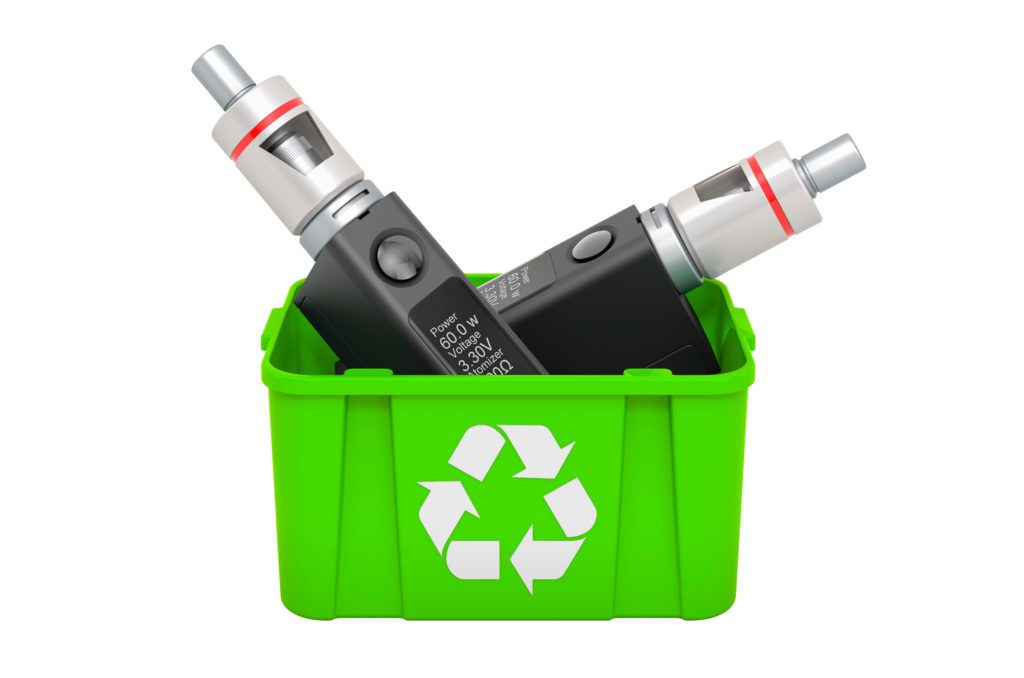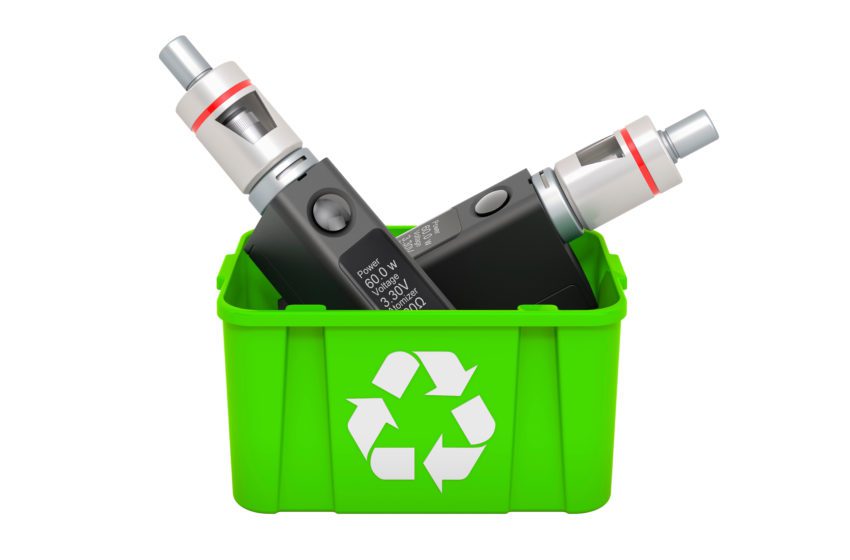
Monroe County will be the first in New York State to accept vape pens, e-cigarettes and the liquids used in them for safe disposal.
Experts say these items should never be thrown into the regular trash as the lithium inside these devices can pose serious health and environmental risks, according to a county press release.
“Vaping is not only a public health issue, it is an environmental issue,” said Monroe County Executive Adam Bello. “Vape pens, electronic cigarettes and e-liquids are considered hazardous wastes and should not be thrown away. Monroe County is proud to lead the way in New York by taking action now to prevent these products from harming our environment.”
Instead the county will be accepting them in sealed bags at the Eco Park recycling center in Chili. Eco Park is open on Wednesdays and Saturdays for drop-offs, no appointment is necessary.
“Disposable vape products are toxic and unsafe for our environment. That makes them a health threat for all of us, even if we don’t use them,” Monroe County Commissioner of Public Health Dr. Michael Mendoza said. “I applaud County Executive Bello, the Department of Environmental Services, and all our partners, who are leading the way when it comes to addressing this emerging public health issue.”
There is an estimated 44.7 million tons of e-waste generated around the world every year. That waste contains up to $65 billion worth of raw materials like gold, silver and platinum sent to a landfill.
The amount of global e-waste is expected to increase by almost 17 percent to 52.2 million tons in 2021, or about 8 percent every year, according to research.
Vaping products contain lithium-ion batteries, a heating element and a circuit board. These components—which may include plastic and heavy metals—make disposing of e-cigarettes a considerable challenge because of the various types of chemicals and materials involved in their manufacturing.
There are no direct regulations for recycling or use of e-cigarettes, heated-tobacco products (HTPs) or the cellulose acetate filters in combustible cigarettes in the U.S.
There is legislation that regulates the management of e-waste; however, these guidelines typically apply only to cell phones, computers and other large electronic products.

